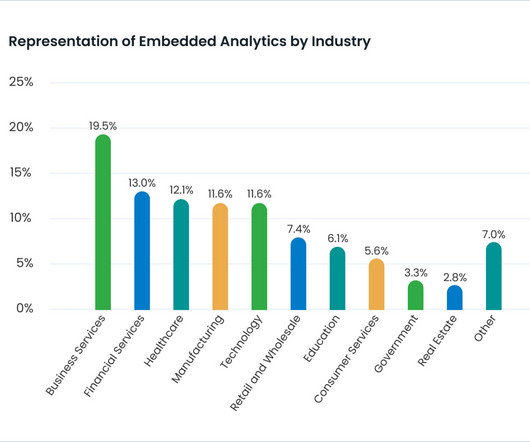What is business analytics? Using data to improve business outcomes
CIO Business Intelligence
JULY 5, 2022
Research firm Gartner defines business analytics as “solutions used to build analysis models and simulations to create scenarios, understand realities, and predict future states.”. What are the benefits of business analytics? What is the difference between business analytics and business intelligence?













Let's personalize your content